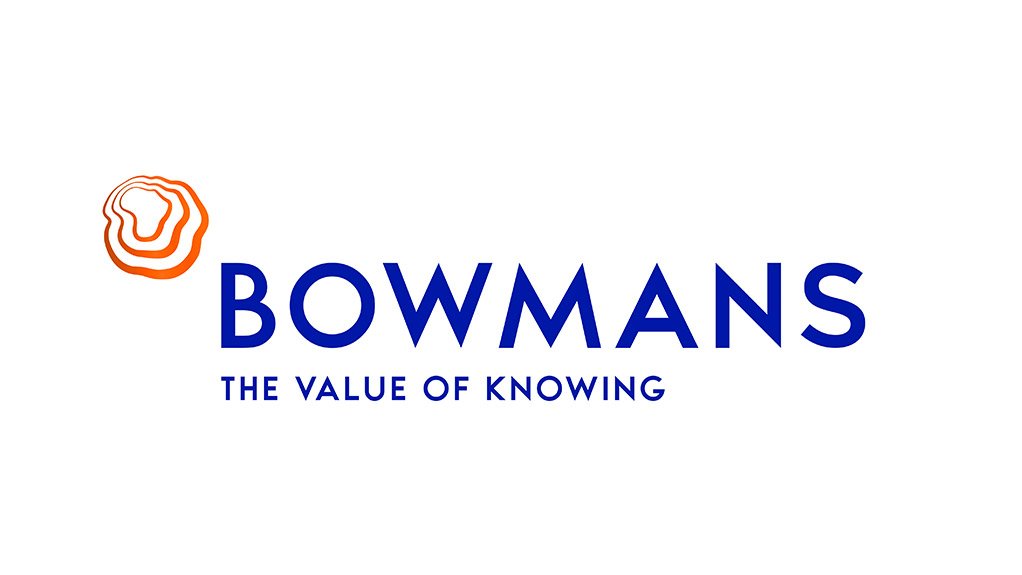As we all know by now, we currently have the world’s biggest unemployment crisis right here in South Africa. It is thus only logical that we should focus on how South Africa can encourage job creation. However, one aspect which is not receiving sufficient attention is the devastating impact VAT can have on small, labour-intensive businesses and how VAT can (and should) be used to incentivise job creation.
Perhaps the easiest way to explain how VAT can result in job losses is to illustrate it by way of an example. One of Bowmans’ pro bono clients is a small backpacking organisation, wholly owned by the remote community in which it is situated. This is a wonderful initiative, creating a source of income for the community and introducing both South African and overseas visitors to the friendly people in the area and to their culture.
By the very nature of their operations, most of their expenses relate to salaries and training. All was fair and well while their turnover did not exceed R1-million. However, once their turnover exceeded that threshold, they became obliged to register for and charge VAT. They have very little input VAT which they can claim, as the bulk of their expenses is incurred in respect of salaries. Remuneration is not subject to VAT and they thus cannot claim input VAT in respect of salaries.
When VAT becomes a direct tax
In this client’s industry and in the specific area where they’re situated, it is not possible to simply increase their rates by adding on VAT. As a backpacking venture, they can only charge within a specific price range. They operate in a very competitive industry and it appears that most of their direct competitors do not charge VAT. Lumping VAT onto their current rates will simply result in their losing business.
They thus have to ‘absorb’ the VAT themselves i.e. the VAT becomes a direct tax rather than an indirect tax passed on to customers. They are very happy to pay income tax on profits. However, VAT is not imposed on profits, but on supplies. As this is a breakeven basis, focused on creating jobs for the community rather than creating profits for shareholders, the VAT exceeds their net profit. This means they are now running into financial difficulties and have recently been unable to pay salaries – but still paid their VAT.
While the Employment Tax Incentive (ETI) is intended to encourage employment, it is does not in this taxpayer’s specific circumstances provide any relief. Initiatives in respect of small or micro enterprises also do not provide any kind of relief in this regard.
Labour-intensive businesses take a knock
Other labour-intensive businesses such as farms would be in a similar scenario. In fact, small businesses such as farms and manufacturing operations are effectively incentivised to replace labour with machinery in respect of which they can claim input VAT. This is surely not something which should be encouraged in a country with such a high unemployment rate.
What would be a lot more helpful is if labour-intensive businesses such as this one could claim “deemed” input VAT in respect of salaries. Of course, this does not mean that the VAT Act should be amended to allow all businesses to claim a deemed input VAT in respect of salaries, as this would dramatically reduce collections from VAT at a time when South Africa desperately needs to collect more tax. However, one could for example consider allowing deemed input VAT for businesses who employ a certain number of employees per ZAR 1-million of turnover. This is something which should be discussed and debated in more detail with the relevant industries to decide on a system that could encourage employment in smaller, labour-intensive businesses, without eroding the tax base.
While the details would still need to be thrashed out, now more than ever we need to implement incentives that will not only grow employment, but also prevent job losses.
Written by Aneria Bouwer, partner, Bowmans
EMAIL THIS ARTICLE SAVE THIS ARTICLE ARTICLE ENQUIRY
To subscribe email subscriptions@creamermedia.co.za or click here
To advertise email advertising@creamermedia.co.za or click here











